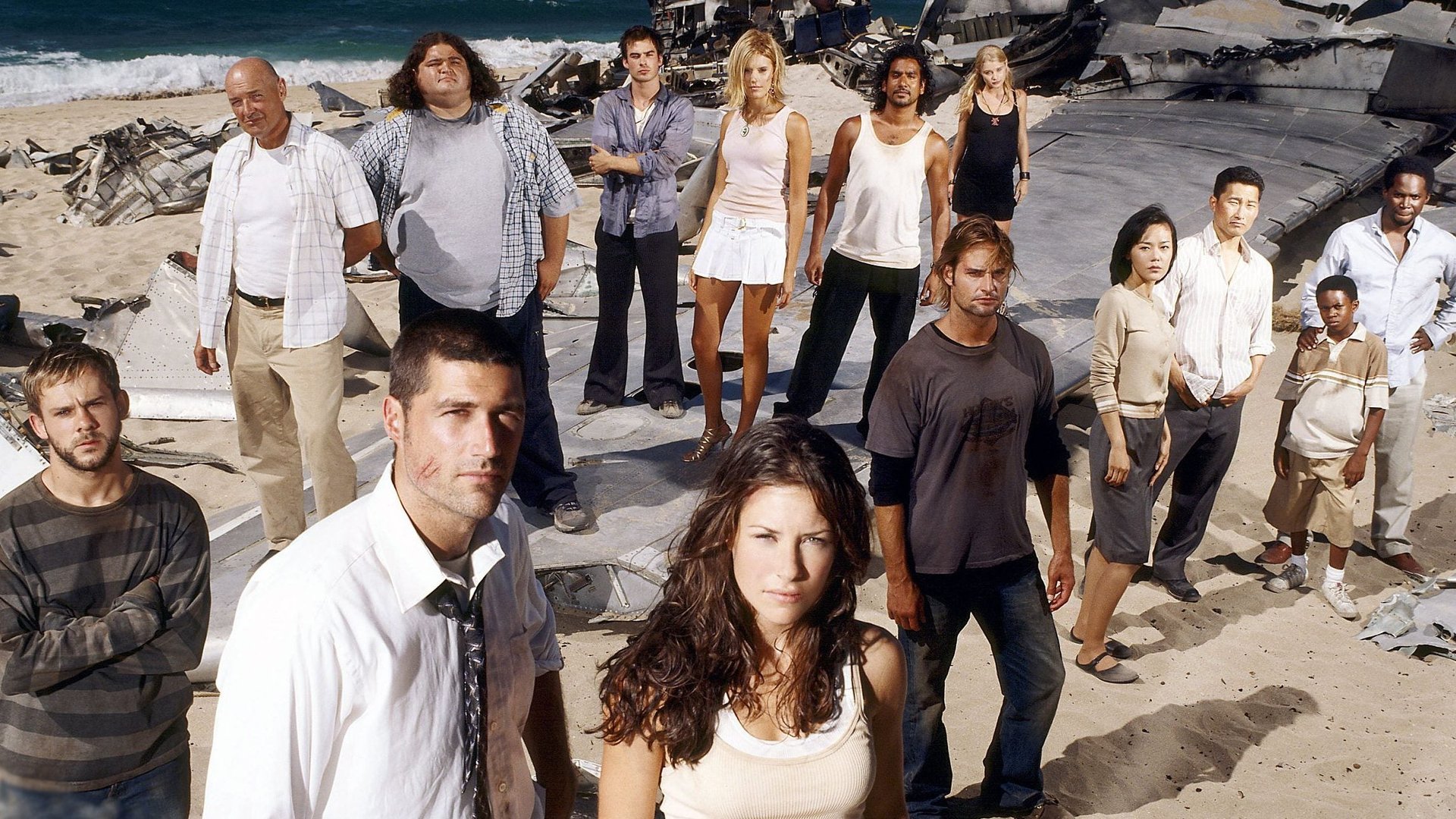14 years later, TV is still trying to recreate the magic of “Lost”
Netflix is developing a young-adult TV series described as “Lord of the Flies meets Lost,” according to the Hollywood Reporter. Makes sense. The streaming service’s algorithm probably showed that people would binge-watch a show concocted from those two famous stories of survival in the wild. (Lost itself was clearly influenced by Lord of the Flies.)


Netflix is developing a young-adult TV series described as “Lord of the Flies meets Lost,” according to the Hollywood Reporter. Makes sense. The streaming service’s algorithm probably showed that people would binge-watch a show concocted from those two famous stories of survival in the wild. (Lost itself was clearly influenced by Lord of the Flies.)
It’s the third new show this month alone to cite Lost, a supernatural drama about plane crash survivors stranded on a mysterious island, as an inspiration. Fourteen years after the show’s premiere—and eight years after its divisive ending—TV executives are still desperately trying to repeat the unrepeatable magic of the show—and those efforts seem to have picked up as of late.
The other two shows are even more blatant in their mimicry than Netflix’s untitled show is. Castaways, a reality show debuting on ABC next month about real people stranded on an island, looks like essentially an unscripted version of Lost. Media outlets were quick to pick up on the comparison:

ABC knows exactly what it’s doing. It was the network that aired Lost, and it still maintains the rights to the story should there ever be a reboot or sequel. (There very likely will be, probably soon.) In the meantime, it’s trying to make shows that sound like Lost, but are very much not Lost. Remember Flashforward? V? Invasion? ABC has been at this game for awhile.
So too has its broadcast rival NBC. Its new supernatural drama Manifest, which debuts in September, is perhaps the most shameless of all recent Lost rip-offs. It follows the passengers of a flight who upon landing at their destination are shocked to discover that they’ve been missing for five years, presumed dead.
Manifest creator Jeff Rake told an audience at Comic Con last week that, like Lost, his show will explore the theme of science vs. faith within its overarching mystery. It checks all the Lost boxes, except the one that actually matters: character.
It wasn’t the mystery or genre elements that made Lost work. It was the people. Viewers actually cared about Jack, Kate, Sawyer, Locke, Hurley, Sun, Jin, Sayid, Juliet, Desmond, Ben, Charlie, Claire. And Boone. (Don’t forget Boone! Everyone always forgets poor Boone.) They can’t be replicated.
Lost was many things—puzzle-box style mystery, adventure drama, love story, online phenomenon. But at its core, the series was a character study, filled with disparate personalities, and the magic of the show was seeing these people interact, understanding each other and themselves. The ending to Lost remains controversial, but there’s little doubt that its characters were superb and were, ultimately, the reason the show became the Emmy-winning sensation that it was.
Declaring a show “the next Lost” is a setup for failure. You can reassemble the skeleton, but not the heart. None of the Lost copies have understood that, and it’s unlikely that any will. The only way to find the next Lost is to stop looking for it.